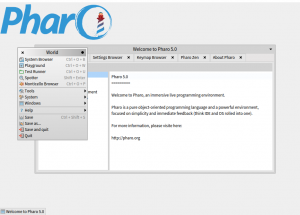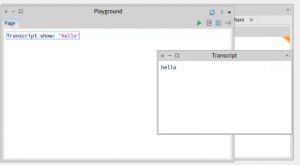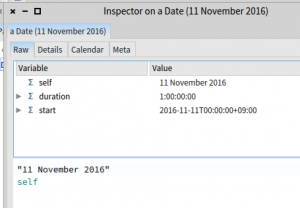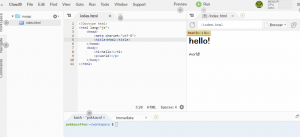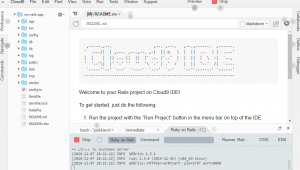PostController.php: editの関数を追記します。requestはpostにpatch, putを追加することが推奨されています。
public function edit($id = null)
{
$post = $this->Posts->get($id);
if ($this->request->is(['post', 'patch', 'put'])) {
$post = $this->Posts->patchEntity($post, $this->request->data);
if($this->Posts->save($post)){
$this->Flash->success('Edit Success!');
return $this->redirect(['action'=>'index']);
} else {
$this->Flash->error('Edit Error!');
}
}
$this->set(compact('post'));
}
edit.ctp: addと同じようにviewを作成します。buttonはUpdateになります。
<?php
$this->assign('title', 'Edit Post');
?>
<h1>
<?= $this->Html->link('Back', ['action'=>'index'], ['class'=>['pull-right', 'fs12']]); ?>
Edit Post
</h1>
<?= $this->Form->create($post); ?>
<?= $this->Form->input('title'); ?>
<?= $this->Form->input('body', ['row'=>'3']); ?>
<?= $this->Form->button('Update'); ?>
<?= $this->Form->end(); ?>

